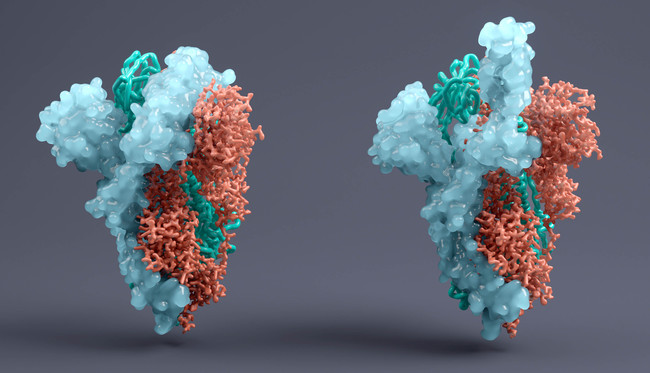Sophia Genetics launches AI tool to find COVID-19 ‘unknowns’

Swiss medical data specialist Sophia Genetics has launched a platform that will sift through data generated at more than 1,000 hospitals around the world to try to work out how the COVID-19 pandemic will evolve in the coming months and years.
The data mining tool will be used to try to unearth some of the many unknowns with the virus, using next-generation sequencing (NGS) to see how the genome of SARS-CoV-2 changes over time, along with patient genetic information, results of lung and CT scans, and other clinical data.
At the heart of the system is an artificial intelligence (AI) system to conduct full-genome analysis of SARS-CoV-2, and a radiomics tool for lung data. Combined, they use machine learning to discover abnormalities predictive of disease evolution.
“There is a lot that we unfortunately still do not understand about the virus and its associated clinical manifestations,” Sophia Genetics’ chief medical officer Philippe Menu told pharmaphorum, noting that it’s likely due to different factors such as initial viral load at exposure, as well as viral and host genetic factors.
“Importantly, while we know that elderly people are unfortunately at much higher risk of suffering from severe forms of the disease, we do not understand why some healthy, young people can also go through a severe form of the disease while others remain completely asymptomatic,” he said.
Working out why COVID-19 manifests differently in different patient groups is a major “pain point” that if solved could help in resource allocation for healthcare systems, such as who should get early and aggressive treatment.
“We also do not know whether the virus sequence will evolve significantly through mutations as millions more people become infected,” said Menu.
“This could potentially have a major impact on the efficacy and safety of candidate vaccines and antiviral therapies. Being able to do a longitudinal tracking of the viral genomic evolution across geographies and time is therefore very important.”
The new tool can be used by labs to support their own COVID-19 research projects on their local patient base, and in turn could be used by pharma companies that are developing candidates vaccines and antiviral therapies.
It could be used to predict potential changes in efficacy down the line, for example if a mutation appears at scale in the virus that would be in the target region of an antiviral drug.
“Controlling this virus means understanding it at new levels that go beyond simple testing,” commented Jurgi Camblong, Sophia Genetics’ founder and CEO.
“The evolution of the disease must be predicted in order to create containment measures,” he added. “We can do this by building a world map of longitudinal tracking, beginning with highly accurate and reliable virus data, further powered by radiomics data.”













